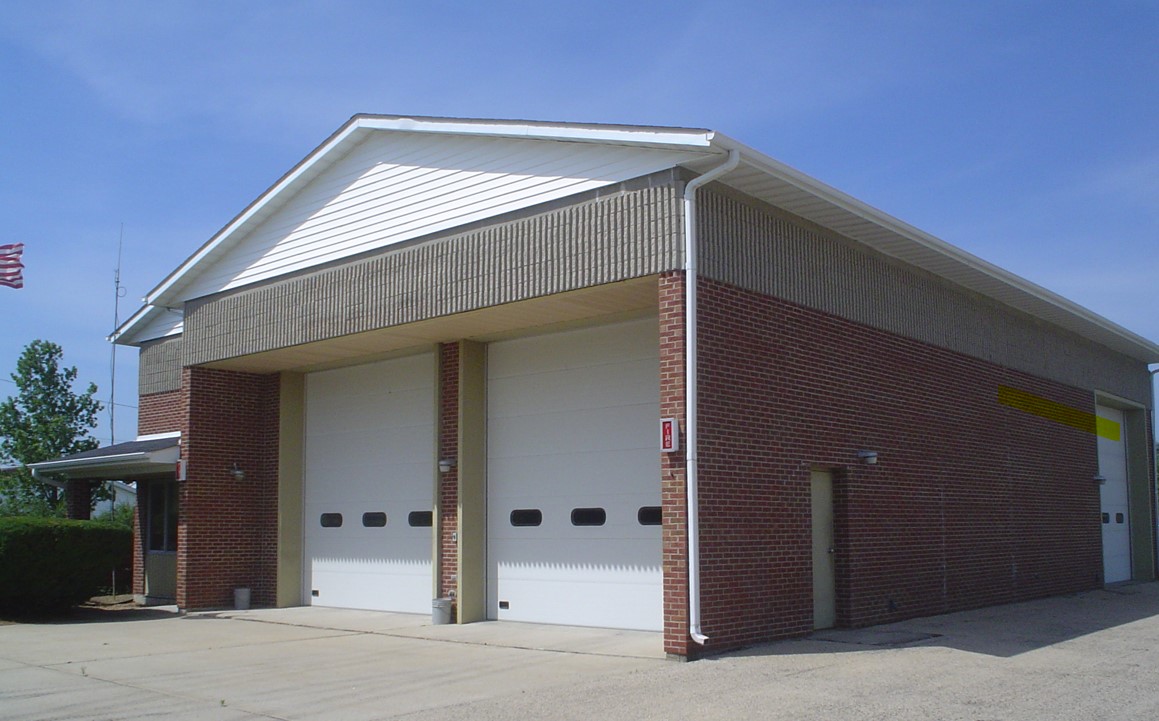Light commercial garage doors play a crucial role in businesses, providing security, accessibility, and functionality. When these doors malfunction, it can disrupt operations and compromise safety.
Knowing how to perform light commercial garage door repairs can be a valuable skill. In this comprehensive guide, we’ll walk you through a step-by-step process for repairing common issues with light commercial garage doors, ensuring that your business operations run smoothly.
1. Safety First: Precautions Before You Begin
Before diving into the repair process, it’s vital to prioritize safety. If you are not sure in your professional skills, it could be better to contact garage door repair in Milton, who can provide you with all the necessary services for different types of garage doors and their elements.
If you decide to do it by yourself, do not forget that commercial garage doors can involve heavy components and electrical systems. Therefore, taking precautions is essential:
Personal Protective Equipment (PPE)
- Wear appropriate safety gear, including safety glasses, gloves, and steel-toed shoes, to protect against potential hazards.
Electrical Safety
- Disconnect the power supply to the garage door opener to prevent accidental activation.
Lockout/Tagout
- If your workplace has specific lockout/tagout procedures, follow them to ensure the door cannot be operated during repairs.
Tools and Equipment
- Gather the necessary tools, including pliers, wrenches, screwdrivers, and a ladder. Ensure that all tools are in good condition.
2. Diagnosing the Issue
Effective repair starts with accurately diagnosing the problem. Here are common issues you may encounter with light commercial garage doors and how to identify them:
Noisy Operation
| Issue | Possible Cause | Symptoms |
| Loud Grinding Noise | Worn-out gears or sprockets | Excessive noise during operation |
| Squeaking or Screeching Noise | Dry or damaged rollers and hinges | Annoying screeching sounds when opening or closing |
Door Won’t Open or Close Properly
| Issue | Possible Cause | Symptoms |
| Sensor Misalignment | Dirty or misaligned safety sensors | Door doesn’t close fully or opens immediately after closing |
| Obstruction in Tracks | Objects blocking the door’s path | Door stops abruptly or reverses when closing |
Remote Control Malfunctions
| Issue | Possible Cause | Symptoms |
| Dead Batteries | Batteries in the remote control need replacement | Remote control doesn’t respond |
| Signal Interference | Interference from nearby electronic devices | Remote control functions intermittently or not at all |
3. Repairing Light Commercial Garage Doors: Step-by-Step
Once you’ve identified the issue, it’s time to initiate the repair process. Here’s a step-by-step guide for common light commercial garage door repairs:
Step 1: Safety Check
Begin by performing safety checks. Ensure that the door is disconnected from power and cannot be accidentally activated during repairs.
Step 2: Inspect and Clean
Inspect the tracks, rollers, hinges, and springs for signs of wear, damage, or debris. Clean any dirt, grease, or obstructions that you find.
Step 3: Lubricate Moving Parts
Apply a suitable garage door lubricant to all moving parts, including rollers, hinges, springs, and tracks. Proper lubrication reduces friction and noise.
Step 4: Tighten Hardware
Check all nuts, bolts, and screws for tightness. Loose hardware can lead to noisy operation and misalignment.
Step 5: Align and Clean Sensors
If the issue involves sensor misalignment, clean and properly align the safety sensors. Ensure that there are no obstructions in their path.
Step 6: Test Operation
Reconnect the power to the garage door opener and test its operation. Ensure that the door opens and closes smoothly without unusual noises or interruptions.
Step 7: Remote Control Check
If the problem is related to remote control malfunctions, replace the remote control’s batteries or address signal interference issues.
Step 8: Professional Assistance
For complex issues, electrical problems, or issues with the garage door opener itself, it’s advisable to seek professional assistance from a reputable commercial garage door repair service.
4. Preventive Maintenance
To avoid future breakdowns and ensure the longevity of your light commercial garage door, consider implementing preventive maintenance measures:
- Regularly inspect and clean all components, including tracks, rollers, hinges, and springs.
- Lubricate moving parts as recommended by the manufacturer.
- Schedule professional inspections and maintenance to catch potential issues early.
Light Commercial Garage Door Repair Checklist
| 1. | Prioritize safety by wearing appropriate PPE and disconnecting power. |
| 2. | Accurately diagnose the problem, whether it’s noisy operation, sensor misalignment, or remote control malfunctions. |
| 3. | Perform step-by-step repairs, including inspection, cleaning, lubrication, hardware tightening, sensor alignment, testing, and seeking professional help when needed. |
| 4. | Implement preventive maintenance measures to extend the life of your light commercial garage door and prevent future breakdowns. |
Conclusion
Maintaining a functional light commercial garage door is essential for the smooth operation of your business. By understanding common issues, following safety precautions, and conducting step-by-step repairs and preventive maintenance, you can ensure that your garage door serves your business reliably for years to come. If you encounter complex issues or require professional assistance with your light commercial garage door in Brampton, consider reaching out to local commercial garage door repair services for expert help.

